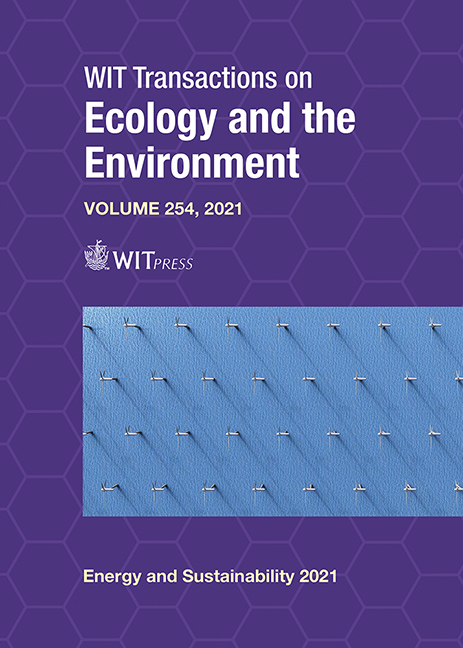LOCAL GOVERNANCE AND NETWORK-BASED POLICIES FOR HOUSING ENERGY-RELATED RENOVATIONS: INSIGHTS FROM A PORTUGUESE CASE
Price
Free (open access)
Transaction
Volume
254
Pages
13
Page Range
163 - 175
Published
2021
Size
1,047 kb
Paper DOI
10.2495/ESUS210151
Copyright
Author(s)
MARIA ISABEL ABREU, RUI A. F. DE OLIVEIRA, JORGE LOPES
Abstract
Local level energy policies are gradually being seen as a main driver to raise energy efficiency in the housing sector which is claimed to have a high potential for energy savings. Local initiatives are already part of energy policies aiming to go beyond the usual top-down government’s approach that stems from the interlinkage between national and international policies. Hence, a shift from government to governance is in transition, grounded not only but also in dialog and partnerships involving multiple local actors from different levels in networks rather than in hierarchical organizations. However, little research has been carried out so far regarding the understanding of the specific challenges and the potential of such local governance strategies, as well as their support by national policies. Semistructured in-depth interviews with different stakeholders involved were conducted to make emerge key subjects to this critique. The research outcomes shed some light on the fact that proximity with the homeowners in energy policies is an ultimate key to pursue their success. Municipalities interweaved with other local organizations seem to have promising abilities and structures to be facilitators and intermediaries in order to act as policy vehicles to engage the homeowners in a house renovation practice. The results also suggest that strengthening the sense of neighbourhood, community and cooperation pave the way to empowering network-based programmes. Insights about how local public and private parties together could collaborate in innovative local policies schemes to promote house energy-related renovations are revealed.
Keywords
housing energy-related renovation, energy policies, homeowners, local bodies, local networks, information tools





